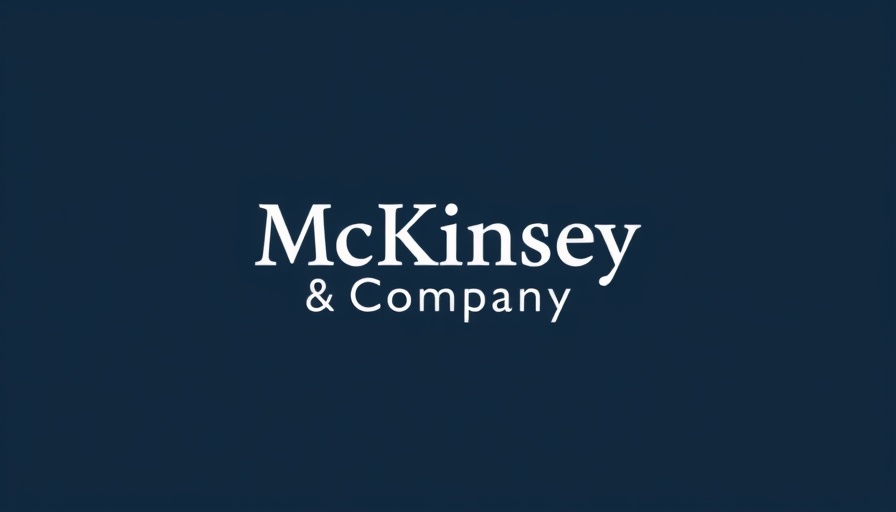
Navigating Challenges: The Unlikely Journey of a New CEO
David Gitlin’s ascent to the role of CEO of Carrier Global Corporation coincided with some of the most tumultuous times in recent history. Just before the pandemic redefined business landscapes across the globe, Gitlin was appointed to steer Carrier through a spin-off from United Technologies. His story is a powerful illustration of resilience and strategic thinking in the face of unprecedented challenges. In a world where uncertainty has become the new norm, Gitlin’s experiences provide valuable lessons for executives and leaders across industries.
The Impact of External Variables on Strategy
According to Gitlin, the landscape of global business is fraught with unpredictable variables. He points to tariffs and shifting government policies as significant factors that can quickly influence market operations. For example, new tariffs can drastically affect consumer spending and capital investments, which may lead to either beneficial or detrimental outcomes for the company. Leaders today must establish agile frameworks that allow for rapid adjustments, providing a clear pathway to navigate uncertainty while minimizing risk.
A Pivot Toward Sustainability: A Strategic Imperative
In the midst of navigating a global crisis, Gitlin recognized an opportunity that shifted Carrier's business strategy toward sustainability. With growing demands from customers for energy-efficient solutions, the pivot to sustainable practices not only aligned with market expectations but also bolstered Carrier’s competitive edge. This decision underscores an important insight: integrating sustainability into corporate strategy is no longer a choice but a necessity that brings about favorable business results while promoting environmental responsibility.
Governance in Times of Crisis: Controller or Innovator?
A competent CEO, especially during crises, must embody characteristics of both a controller and an innovator. Gitlin exemplifies this dual role, focusing on controlling the controllables while also seizing opportunities to innovate. Governance structures within organizations should facilitate feedback loops from operational levels up to leadership, ensuring that insights about market dynamics are rapidly integrated into strategic shifts. This participative governance model can prove invaluable as businesses prepare for unforeseen challenges.
Lessons for Leaders: Embracing Change and Uncertainty
The key takeaways from Gitlin’s approach suggest that leaders must not only be responsive but also proactive in their strategies. A focus on adaptability, swift decision-making, and a strong alignment with customer needs will ensure that organizations can thrive, despite the challenges posed by external environments. Leadership development programs should aim to equip rising executives with the skills necessary to manage volatility while fostering a culture of responsiveness and innovation.
Conclusion: Moving Forward with Confidence
The insights from David Gitlin’s remarkable journey highlight the importance of resilience and adaptability in leadership. As executives navigate their companies through ongoing challenges, they must remain committed to sustainable practices and responsive governance to ensure long-term success. In a world defined by instability, the true measure of leadership lies in the ability to not just withstand the storm, but to emerge stronger on the other side.
Takeaway Action: Leaders should reflect on their current strategies and consider how they can integrate sustainable practices, agile decision-making frameworks, and participative governance to prepare for future uncertainties in their industries.
 Add Row
Add Row  Add
Add 




Write A Comment